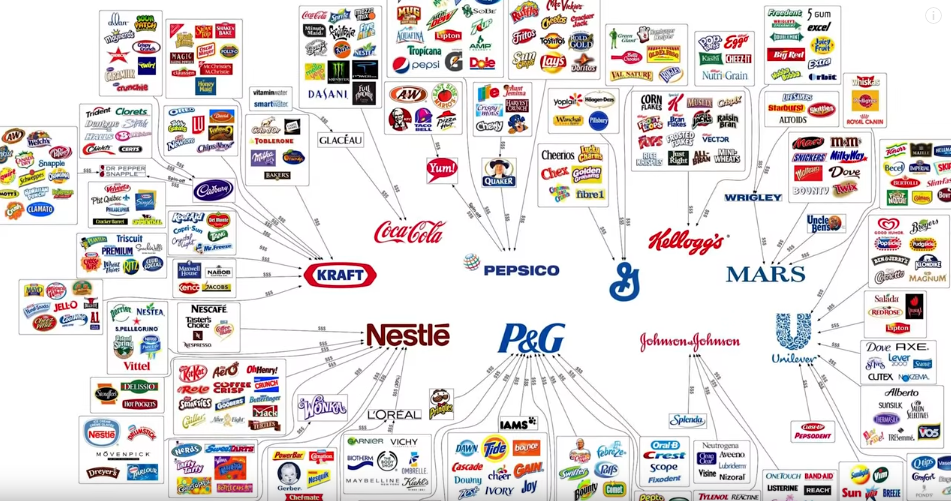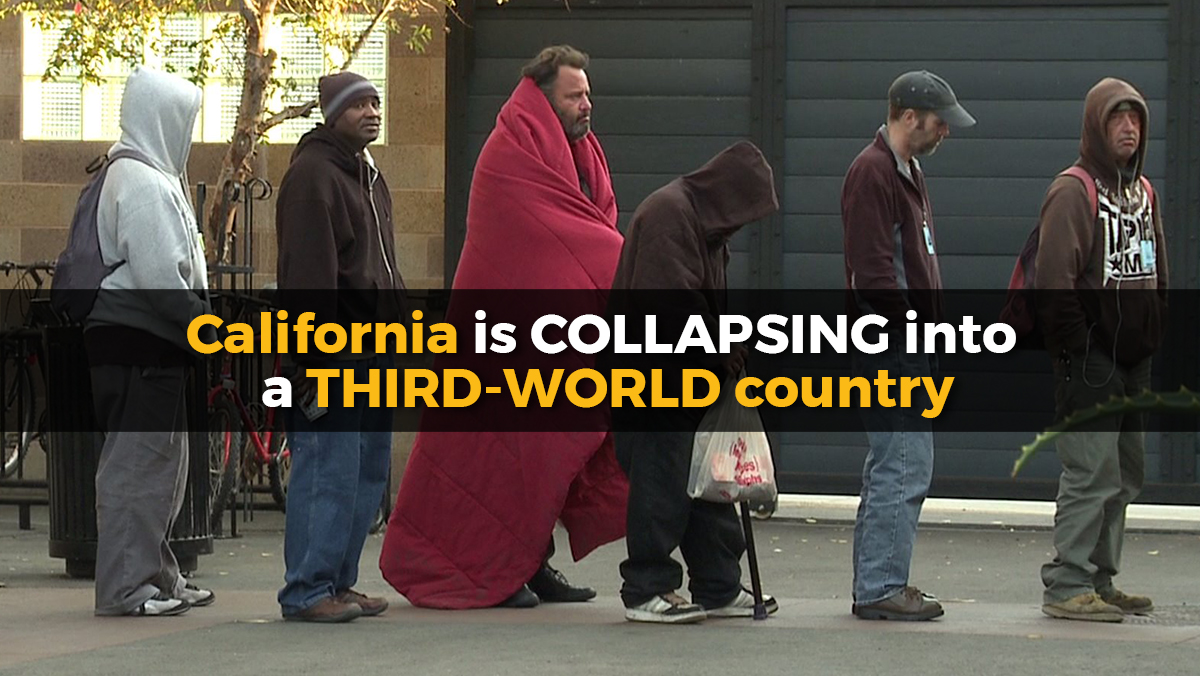Retail job workers in the U.S. are unhappy; an expert compares working conditions from other countries to find ideas for improvement
02/20/2019 / By Janine Acero

The retail industry is “a sector of the economy that is comprised of individuals and companies engaged in the selling of finished products to end-user consumers. Multi-store retail chains in the U.S. are both publicly traded on the stock exchange and privately owned.” Today, American and European companies make up the largest publicly traded retailers in the world.
However, the U.S. retail industry suffers from low wages, unstable working hours and flat advancement prospects, as well as high turnover rates for employees and a drop in productivity. This current state affects women the most in lower-paying, entry-level jobs such as in food retail, as opposed to men who fill the higher-paying retail positions such as in management. (Related: 7 million retail jobs will be lost in the coming years warns alarming report.)
Chris Tilly, professor of urban planning in the University of California, Los Angeles Luskin School of Public Affairs, and author of the book “Where Bad Jobs are Better: Retail Jobs Across Countries and Companies,” said that the improvement of jobs in the U.S. relies on understanding where and why jobs are better.
Tilly studied the U.S. retail industry and compared it to the same sector in five Western European countries and Mexico, alongside co-author Françoise Carré, research director at the Center for Social Policy at the University of Massachusetts, Boston.
The authors determined what institutional settings make a difference in job quality and how retailers, by country, manage for better jobs. They found more job productivity, more regular work hours and higher pay in wealthier parts of Western Europe – such as France and Germany – than in the U.S., in retail jobs.
According to Tilly and Carré, the differences in social norm – such as work schedules – and the role of institutions and regulations – such as setting higher wages – led to relatively better job quality in these countries compared to the U.S.
“Improving retail jobs does not necessarily mean turning them into unambiguously good jobs; retail jobs in our comparison countries are not terrific, but they are better in significant ways,” the authors reported.
Tilly and Carré also emphasize that the U.S. can determine whether service jobs in retail will be bad or good. They assert that improving retail jobs in the aspects of laws, labor relations and managerial approaches will also spell good news for low-wage industries.
“Wal-Mart is not the exception to the influence of societal effects around the world, but rather demonstrates that influence. Even Wal-Mart provides better jobs where rules are better.”
Tilly said that there is plenty of room for the retail industry to improve, especially when compared to the same jobs outside of the U.S.
“It is worth emphasizing here that the evidence is strong that employment in stores is here to stay for a long time to come, in spite of recent predictions of the imminent displacement of store-based retail by online sales,” the authors noted.
Top global retailers
Despite the rates of low wages and declining jobs, American and European companies dominate the world’s largest publicly traded retailers. These include:
- Wal-Mart Stores, Inc. – the world’s largest brick-and-mortar retailer, operating 11,453 store locations in 27 countries. About $228 billion of its 2015 revenue – nearly 60 percent of the total – is attributed to operations in the U.S.
- Amazon.com, Inc. – the world’s top online retailer, operating 14 country-specific retail websites and ships products to customers worldwide. About 62 percent of Amazon.com sales take place outside the U.S. As of December 2015, Amazon.com has a market capitalization of $314 billion.
- The Home Depot, Inc. – the world’s biggest home-improvement retailer, operating 2,273 stores in total, including 1,977 in the U.S. and the remainder in Canada and Mexico. The company has a market capitalization of just over $170 billion as of December 2015.
Read more news stories and studies on industry-related research at Research.news.
Sources include:
Tagged Under: Amazon, companies, corporations, economics, economy, employment, jobs, Retail, retail companies, retail industry, Walmart
RECENT NEWS & ARTICLES
COPYRIGHT © 2017 COLLAPSE.NEWS
All content posted on this site is protected under Free Speech. Collapse.news is not responsible for content written by contributing authors. The information on this site is provided for educational and entertainment purposes only. It is not intended as a substitute for professional advice of any kind. Collapse.news assumes no responsibility for the use or misuse of this material. All trademarks, registered trademarks and service marks mentioned on this site are the property of their respective owners.




















